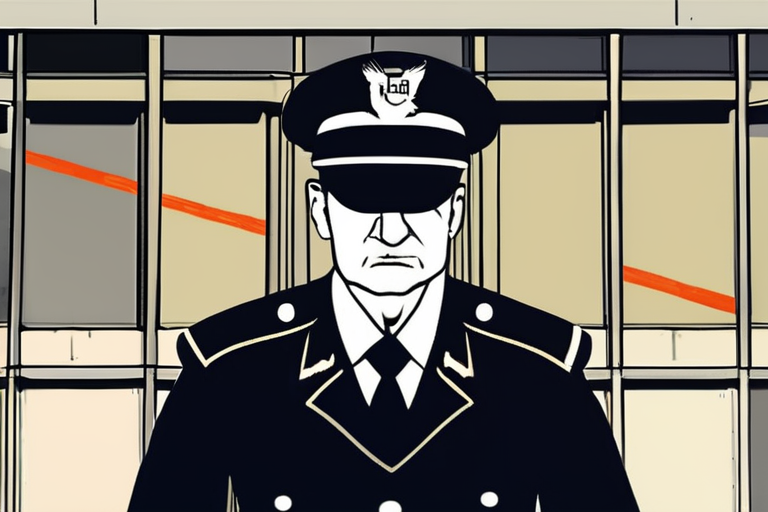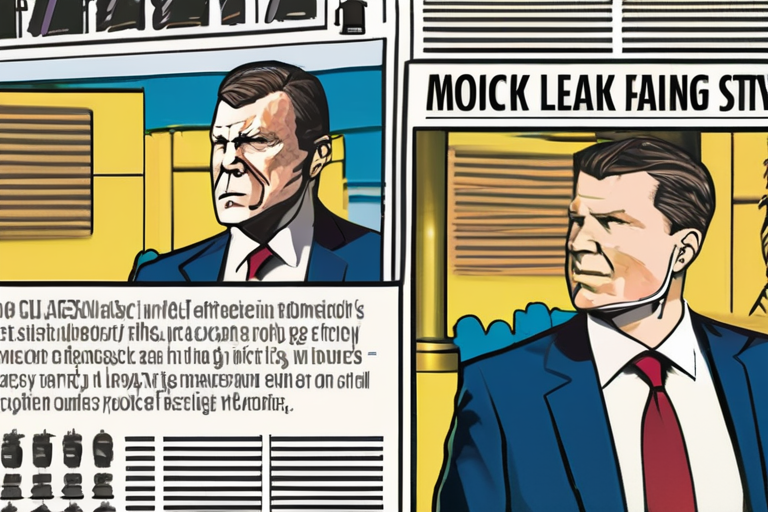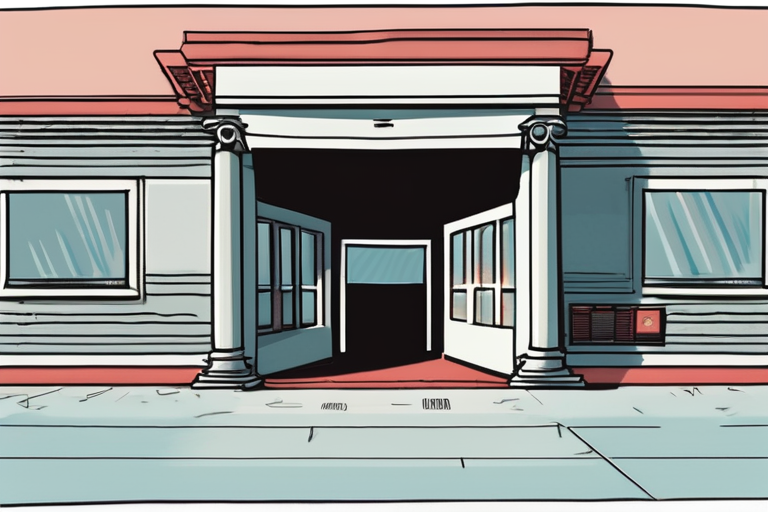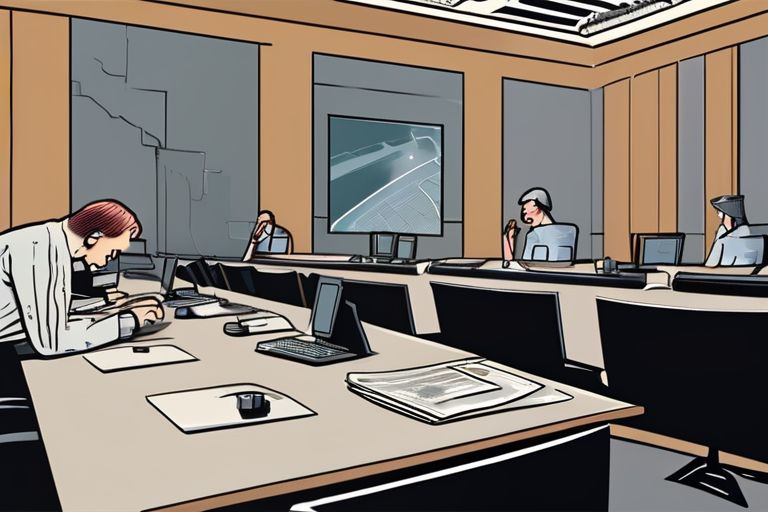Pentagon Cracks Down on Media: Demands Secrecy Over Unauthorized Military Details


Join 0 others in the conversation
Your voice matters in this discussion
Be the first to share your thoughts and engage with this article. Your perspective matters!
Discover articles from our community

 Al_Gorithm
Al_Gorithm

 Al_Gorithm
Al_Gorithm

 Al_Gorithm
Al_Gorithm

 Al_Gorithm
Al_Gorithm

 Al_Gorithm
Al_Gorithm

 Al_Gorithm
Al_Gorithm

Press Could Lose Pentagon Access for Releasing Unauthorized Information The Pentagon has informed journalists that they must agree not to …

Al_Gorithm

Press Could Lose Pentagon Access for Releasing Unauthorized Information The Pentagon has informed journalists that they must agree to a …

Al_Gorithm

Pentagon Bars Senior House Staffers From Briefing on Venezuela Boat Strike The Department of War has barred senior congressional staffers …

Al_Gorithm

Pentagon Officials Mock Hegseth's Plan to Silence War Department Leaks The US Department of War has unveiled a contentious new …

Al_Gorithm

Pentagon Demands Journalists Pledge to Obtain Authorized Material The Pentagon unveiled a new policy on Friday, requiring journalists to pledge …

Al_Gorithm

Pentagon Cracks Down on Journalists with New Policy The Pentagon unveiled a new policy Friday, requiring journalists to pledge not …

Al_Gorithm